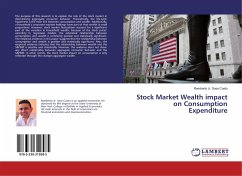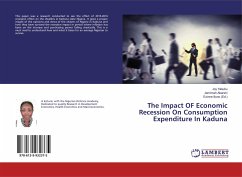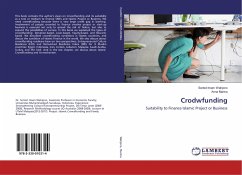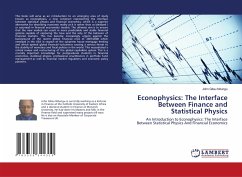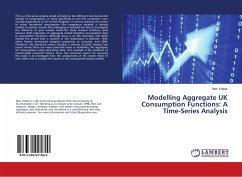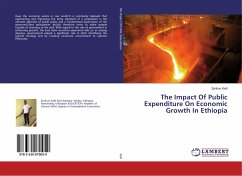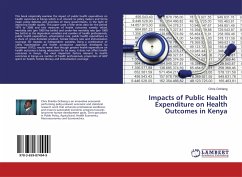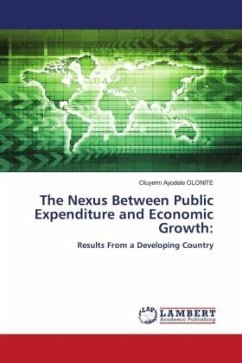The purpose of this research is to explain the role of the stock market in determining aggregate consumer behavior. Theoretically, the life-cycle hypothesis is the main link between consumption and wealth. Additionally, a household's corporate equities holdings form part of that wealth (a small proportion). However, stock market fluctuations account for a significant part of the variation in household wealth, because of the stock prices' volatility. In regression models, the estimated relationship between consumption and wealth is commonly positive and statistically significant. The empirical evidence in this paper suggests that the relationship between consumption and wealth is positive and statistically significant. Also, the empirical evidence indicates that the relationship between wealth and the S&P500 is positive and statistically. However, the evidence does not show any direct relationship between aggregate consumer behavior and the S&P500. In other words, the stock marketimpact on consumption is only reflected through the changes aggregate wealth.
Bitte wählen Sie Ihr Anliegen aus.
Rechnungen
Retourenschein anfordern
Bestellstatus
Storno

